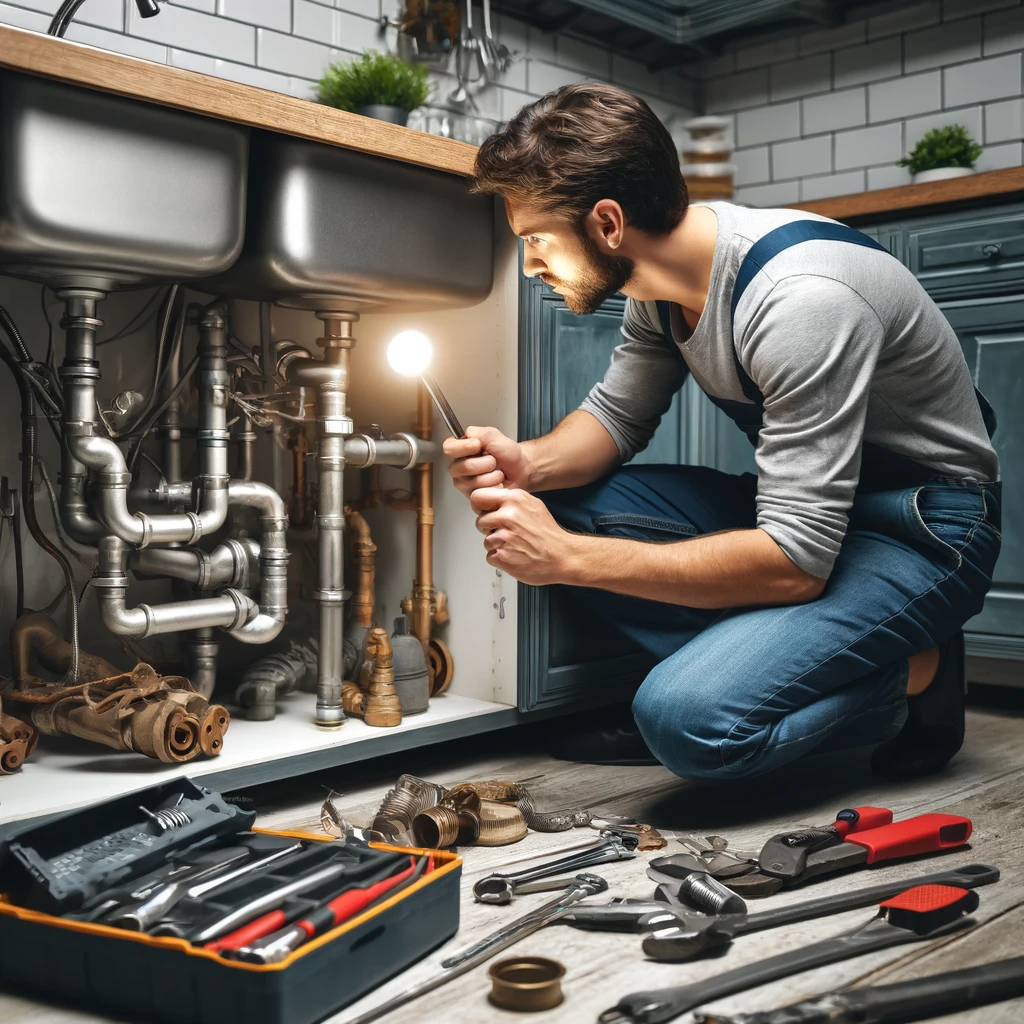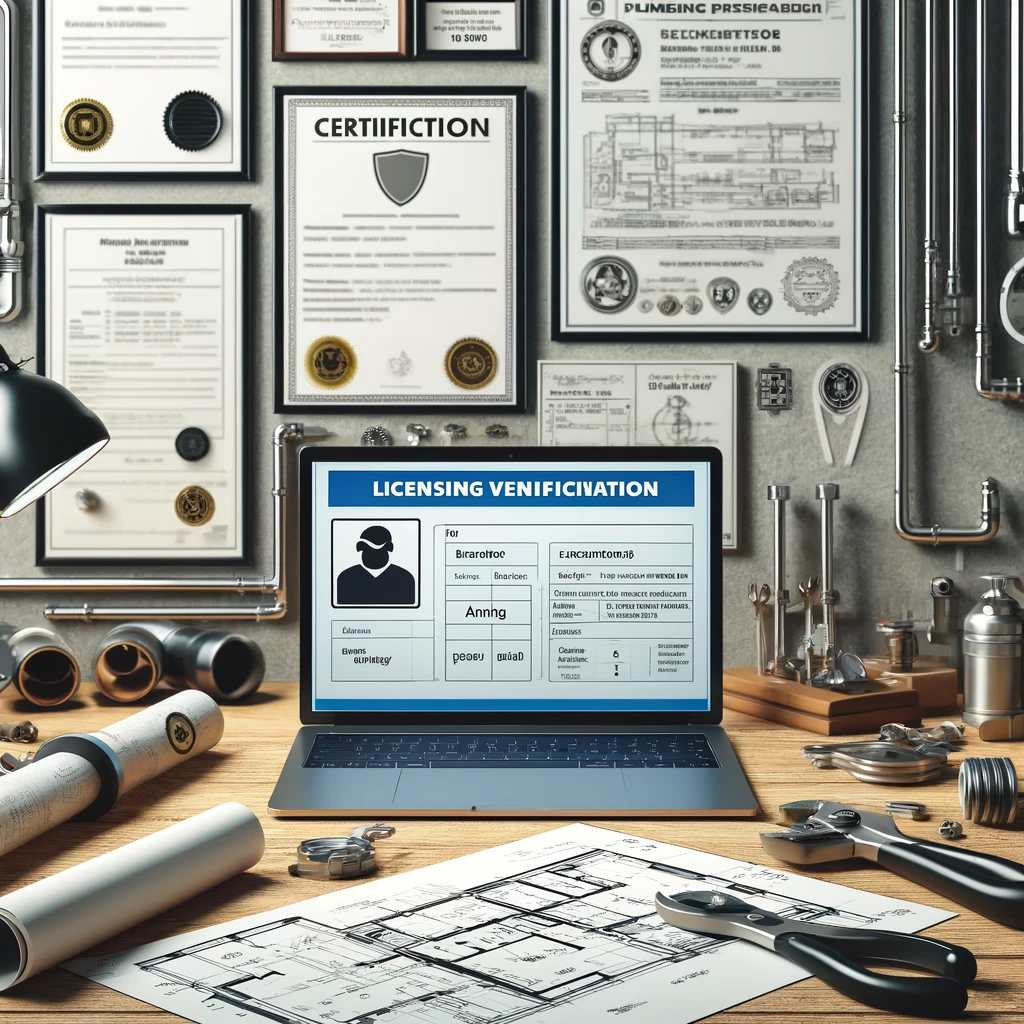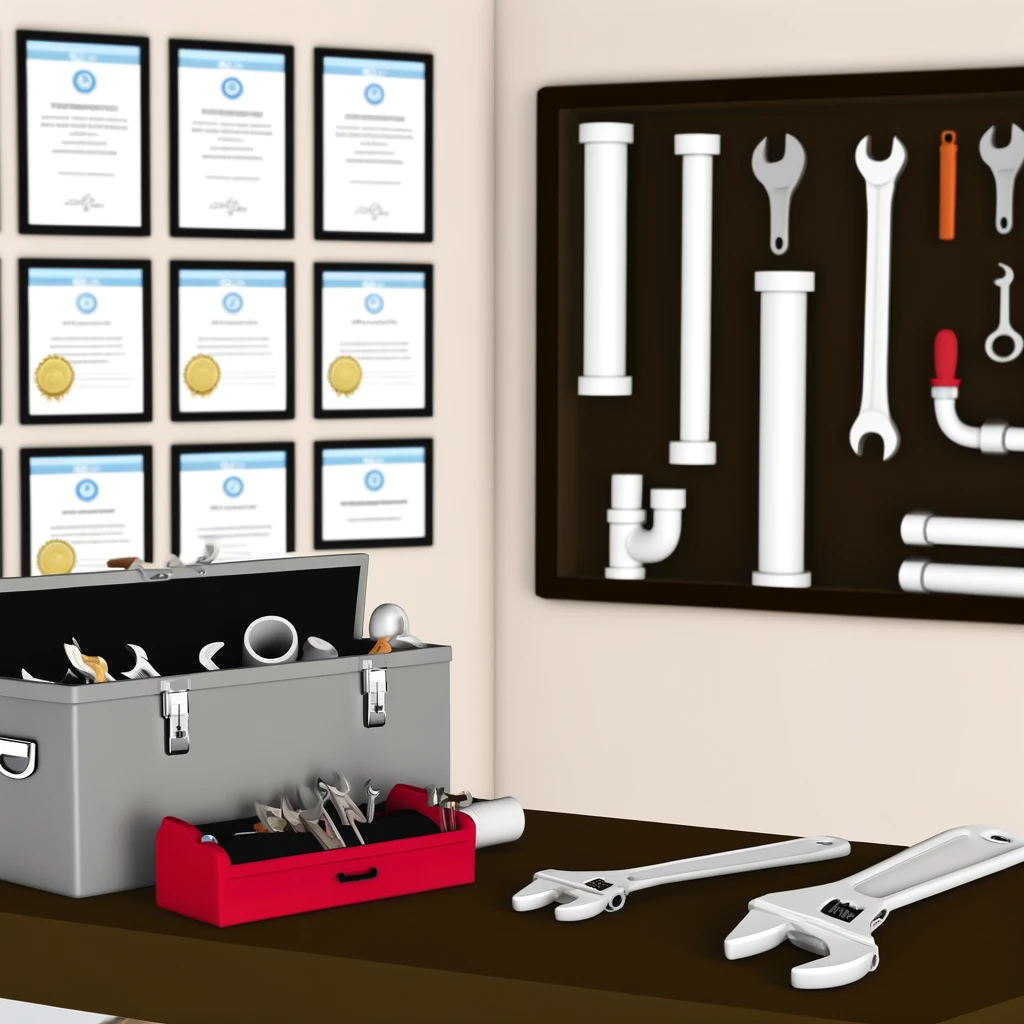Key Takeaways
- Overview of the most frequent plumbing problems in Philadelphia homes.
- Tips on how to identify these issues early.
- Guidance on when to call a professional plumber.
Common Philadelphia Plumbing Problems
Philadelphia, with its rich history and diverse architecture, also brings unique challenges in home maintenance, particularly in plumbing. From historic homes with aging pipes to new constructions facing modern plumbing dilemmas, Philly homeowners often encounter a range of plumbing issues. Understanding these common problems can help in quick identification and resolution, preventing minor issues from escalating into major headaches.
In this guide we will walk you through the top 6 most common plumbing issues faced by Philly homeowners and how you can prevent bigger issues by identifying them early.
1. Leaky Faucets and Pipes
Leaky faucets and pipes are not just annoying but can lead to significant water waste and damage over time. Identifying a leak is often as simple as hearing a drip or seeing water accumulate where it shouldn’t. Sometimes, you might notice a higher water bill without increased usage, which is a clear sign of hidden leaks.
Look out for:
- Visual signs: puddles under pipes, wet cabinets, or stains on ceilings.
- Auditory signs: constant dripping sounds
If you notice any of the signs above it’s a good indication that you are experiencing leaky pipes or faucets. Make sure to speak to a local plumber for help or read EPA’s Guide on Fixing Leaks for some DIY solutions.
2. Clogged Drains and Toilets
Clogs are a common issue that can often be prevented with regular maintenance. Signs of a clogged drain include water backing up out of a drain or toilet, gurgling sounds from drains, or the unpleasant presence of slow draining water.
It’s important to address clogs early to prevent overflows and potential water damage.
How to spot clogging issues:
- Check if the water drains slowly after flushing or running faucets.
- Listen for gurgling sounds from drains—it indicates blockage.
- Notice any bad odors coming from the drain; this could mean trapped organic material that is decomposing.
If you are experiencing issues with clogged drains or toilets visit our dedicated page at https://bestplumberphilly.com/services/drain-cleaning-and-unclogging-services-in-philadelphia/ for help.
3. Frozen Pipes
In Philadelphia’s cold winters, frozen pipes are a real risk, particularly in poorly insulated areas. Preventing this involves insulating pipes and possibly using heat tape. Signs of frozen pipes include no water coming out of faucets, visible frost on pipes, and very cold temperatures around plumbing.
Prevention tips:
- Insulate pipes
- Keep garage doors closed
- Let faucets drip slightly on colder nights.
Signs of freezing:
- No water flow
- Frost on exterior
- Unusually cold surface temperature.
If you have noticed any of the above signs or want to make sure your plumbing is prepped for next winter visit our page for Frozen Pipe Thawing.
4. Overworked Water Heaters
During the colder months, water heaters work harder to provide hot water, which can lead to wear and tear. Signs that your water heater is overworked include inconsistent water temperatures, strange noises from the heater, and leaks around the base of the heater.
| Sign | Possible Cause | Solution |
|---|---|---|
| Inconsistent water temperatures | Sediment buildup | Flush the tank annually |
| Noises from the tank | Boiling water due to overheating | Check thermostat settings |
| Water around heater | Leak in the tank | May require professional repair |
5. Hard Water
Hard water, which contains high levels of calcium and magnesium, can lead to scale buildup in your plumbing systems and appliances. This can affect everything from your water heater to your shower heads. Signs of hard water include filmy residue on dishes, reduced soap lather, and a buildup on faucets.
- Signs of hard water: Spotty dishes, stiff laundry, reduced water pressure.
- Solutions: Installing a water softener, using vinegar to clean faucets and showerheads.
Services like Aquasana can help you solve hard water issues in your home.
6. Sewer Smells
Sewer odours in your home can be alarming and may indicate a dry trap, which is supposed to block sewer gas from entering the house, or a breach in your sewer line.
This is probably the easiest issue to spot on the list as the smell of sewage is hard to ignore.
Some quick checks you can do, if you notice sewage smells in or around your home, are to ensure that all drains have water in their traps and that vent pipes are not blocked. See this great guide from MrRooter for some additional steps you can take.
If the issue seems to stem from the sewer lines, contact us for help with Sewer Line Inspection and Repair.
Knowing When to Call a Professional Plumber
Complex Issues and Safety Concerns
While many minor plumbing issues can be handled with DIY methods, certain situations require the expertise of a professional plumber. It’s important to recognize when a problem is beyond your skill level or could pose safety risks if not handled correctly.
Signs You Need Professional Help
If you encounter any of the following scenarios, it’s time to call a professional:
- Persistent leaks that recur despite attempts at repair.
- Significant water pressure issues or sudden drops in pressure.
- Visible signs of water damage to walls, ceilings, or floors.
- Any plumbing work that involves gas lines or main water lines.
- Installation of new pipes, sinks, tubs, or toilets.
- Major blockages or backups that home remedies can’t clear.
- Renovations or installations that require permits or specialized knowledge.
- Suspected leaks behind walls or under the foundation.
Don’t let a minor issue turn into a major problem! For reliable and expert plumbing services in Philadelphia, contact Best Plumber Philly. Our team of experienced professionals is equipped to handle all your plumbing needs, ensuring everything is done right the first time. Call us now.
FAQs
Leaky faucets and clogged drains are at the top of the list due to frequent use and lack of regular maintenance.
It’s recommended to do a basic home plumbing check at least twice a year. Seasonal checks can help catch issues like freezing pipes before they cause damage.
Some minor issues like replacing washers on leaky faucets or unclogging minor drain blockages can be DIY projects. However, for major repairs or installations, it’s best to contact a professional plumber.
Plumbing issues are common but knowing how to spot them early can save you from costly repairs and inconvenience. This list of the top plumbing problems in Philadelphia for 2024 should help you keep your home’s plumbing in top shape. Remember, while some fixes can be done yourself, never hesitate to call a professional for complex problems to ensure everything is handled safely and effectively.



